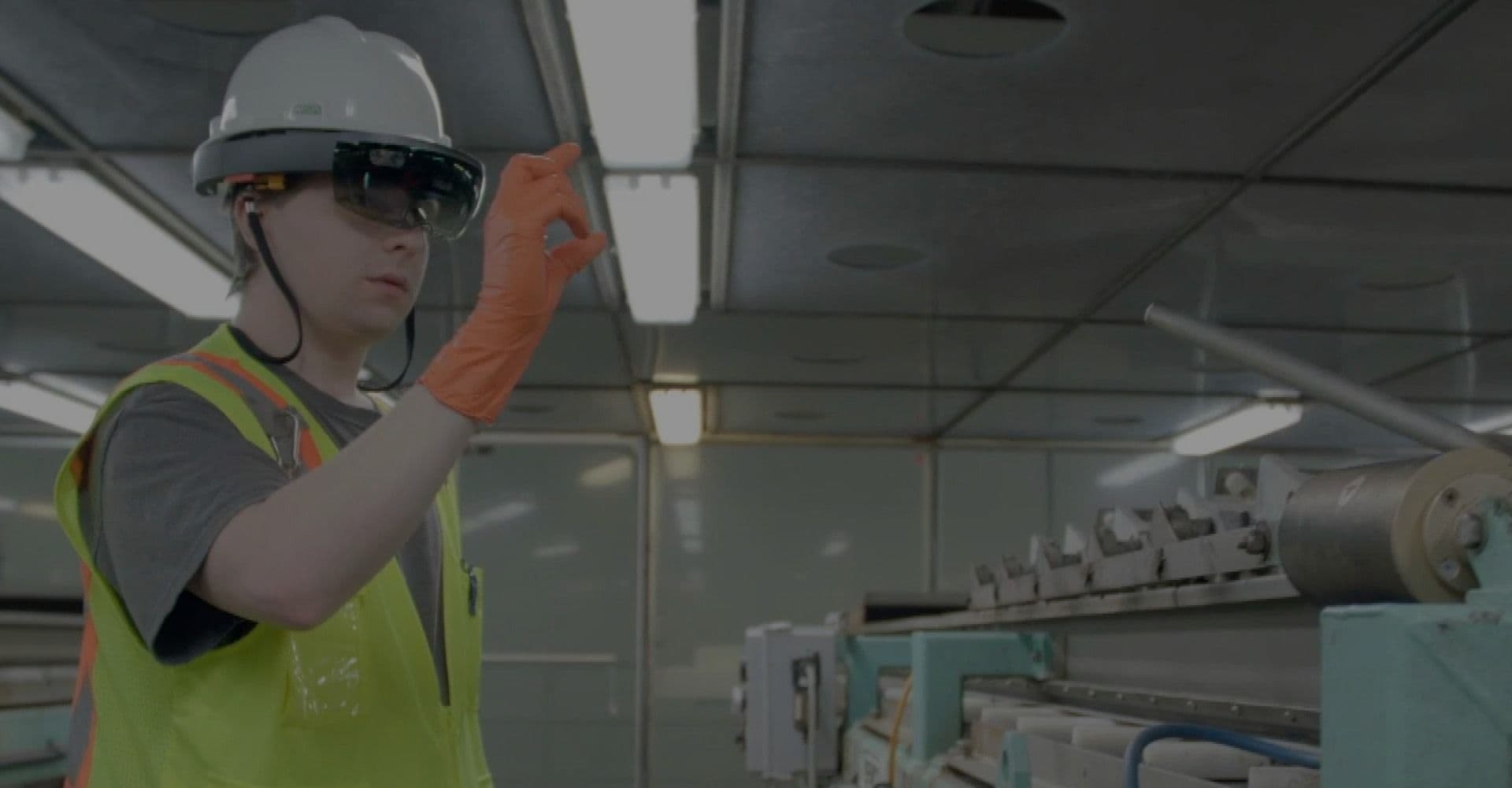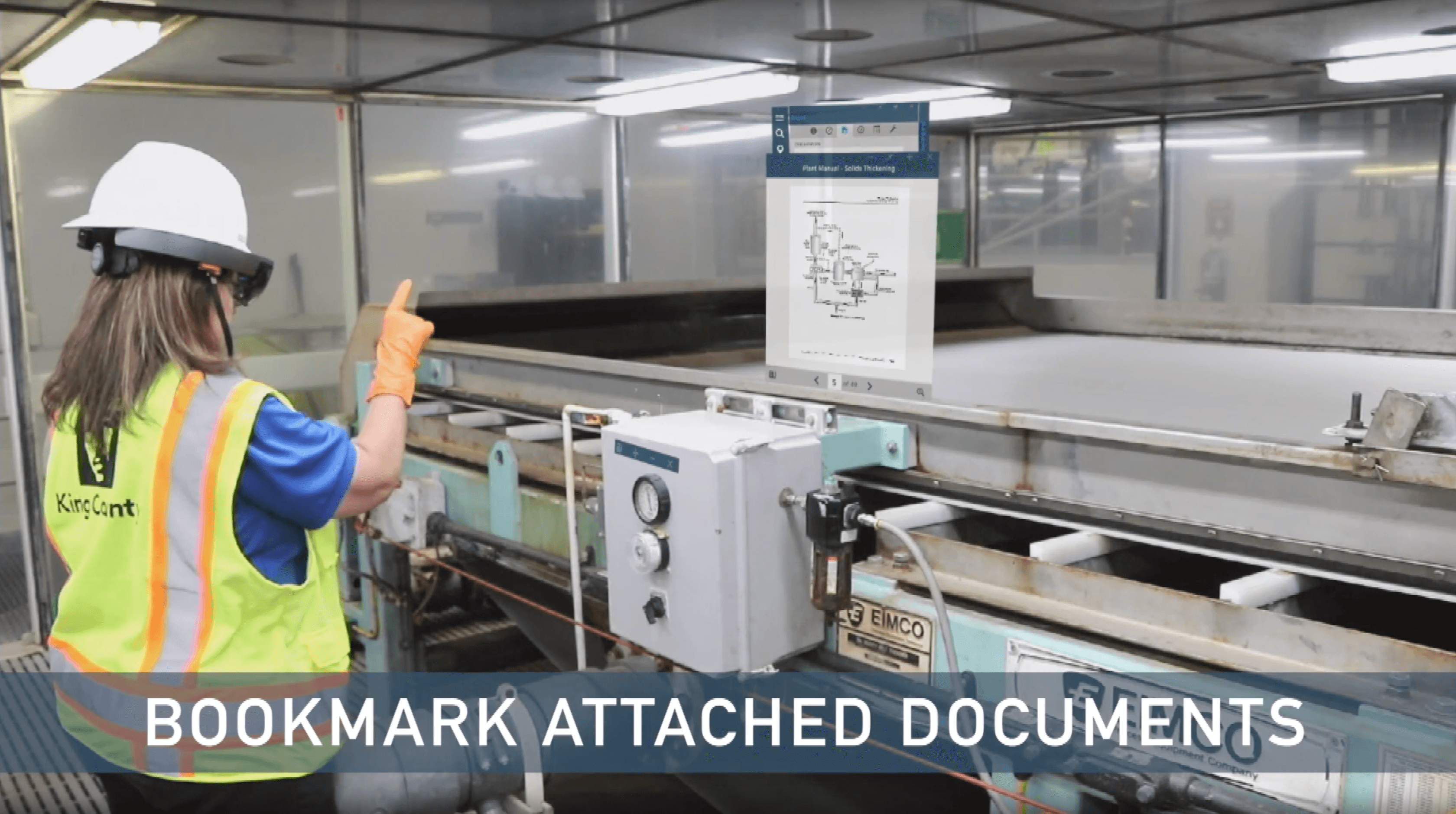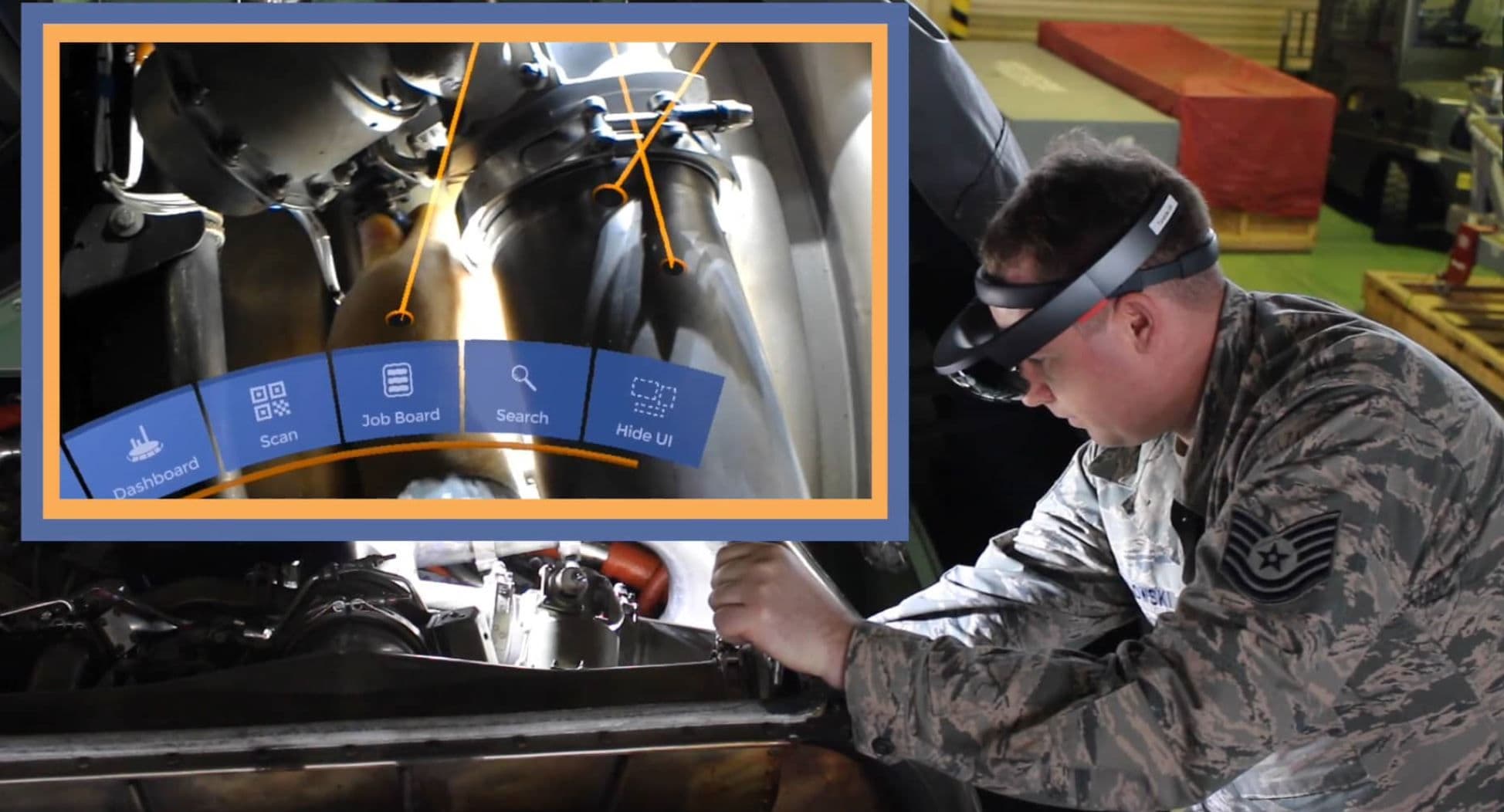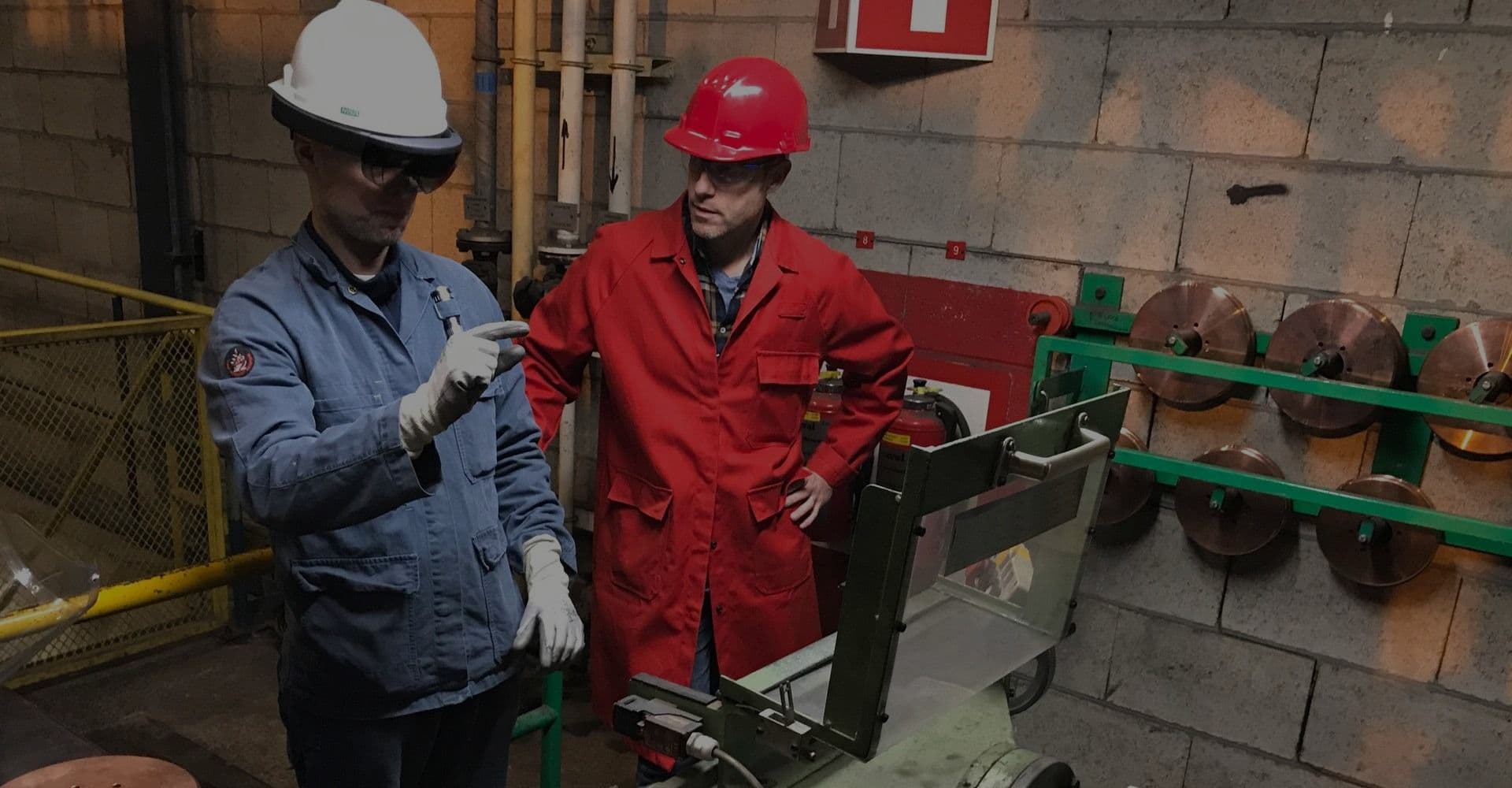
Taqtile’s products enable companies to use virtual reality (VR) and augmented reality (AR) to visualize processes on top of real-world equipment, enabling greater flexibility and speed in training and maintenance. The company’s customers, including the U.S. Air Force and the New Zealand Army, have seen measurable business impact since implementing Taqtile’s Manifest solution, which is built on Unity.
Taqtile Manifest, AR solution for frontline workers
Help industrial customers capture, learn and execute training tasks faster while reducing errors
Microsoft HoloLens, Magic Leap One, HTC Vive, iPad, web browsers
10
Seattle, USA

Taqtile is a leader in the rapidly emerging area of capturing and delivering work instructions and data visualization using off-the-shelf AR, VR, and mixed-reality (XR) solutions for manufacturing, transportation, and government industries. Its flagship AR solution, Manifest, was launched in 2017. Made with Unity, Manifest captures expert knowledge on instructions and procedures to assist, or train those without advanced technical experience on specialized equipment.
The results:

When developing Manifest, Taqtile saw a unique opportunity in the market to implement AR technology for more than just conveying data or instructions. It could also capture knowledge and the execution of complex tasks that could then be completed by staff without formal training.
“With Manifest, you can easily capture step-by-step instructions by putting an AR headset on a subject-matter expert. That expert doesn’t have to know 3D or how to program, they only need to know how to do their job,” says Kelly Malone, Vice President at Taqtile. “It can digitally capture the execution of work instructions, which then allows any operator or trainee to follow those same step-by-step instructions on a piece of equipment in any location.”
Building Manifest on the Unity platform has provided Taqtile with greater flexibility in creating a broader range of XR solutions for its customers. It has also enabled the company to design, implement, and bring those solutions to market quickly.
“Could we have built this solution without Unity? Absolutely. But it would have taken us way more work, much more time, and a lot more expense and effort to get to where we are today,” says Dirck Schou, CEO of Taqtile. “It’s absolutely been incredible, not only in terms of creating our product on top of Unity itself, but in giving us the ability to take advantage of the various plug-ins and additional tools that are made available in the Unity ecosystem and that’s been a big help for us.”

Taqtile’s customers have seen impressive results with the Manifest solution, specifically in regard to execution of tasks and training. One customer in particular, the U.S. Air Force, has seen significant improvements in training results on maintenance and repair tasks for aircraft using mixed-reality.
Using traditional methods, a group of minimally experienced Level-1 maintenance engineers were unable to complete eight of twelve tasks without instructor intervention, and incurred three errors. Using Manifest with HoloLens headsets to provide AR-based guidance, the recruits were able to complete all tasks without assistance, incurring zero errors. In another trial, a more advanced Level-5 engineer using traditional methods completed the assigned task with eight errors, while a more novice Level-3 engineer was able to complete the same task with zero errors using Manifest.
Another of Taqtile’s customers, the New Zealand Army, conducted a similar trial at its trade training school to compare the effects of AR training with Manifest versus traditional instructor-led training on several vehicle-related tasks. The trial concluded that Manifest reduced the occurrence of errors by 36 percent, increasing the students’ overall understanding of the training materials and removing the need to ask for assistance.
It’s clear that Manifest has had a measurable impact on training and maintenance scenarios, but Taqtile has also seen an increase in utility for AR in a sales and marketing capacity. For situations where displaying the physical product to a customer is not feasible due to the product’s scale or importability, Manifest is helping companies share their products and features virtually.
One such company, Safe Boats International, is able to leverage Manifest to virtually showcase its 85-foot (26-meter) vessel, which cannot be transported and shown to customers at events and tradeshows. Given its success to date with XR-based solutions, Taqtile expects the breadth and use cases for XR to continue to grow as more applications and hardware are realized.

Speak with a member of our team today.